Despite government efforts to control health expenditures in India, households in Kerala's Pathanamthitta district face substantial out-of-pocket expenses (OOPE) for medical care, forcing them to rely on hardship financing through borrowing and asset sales. This...
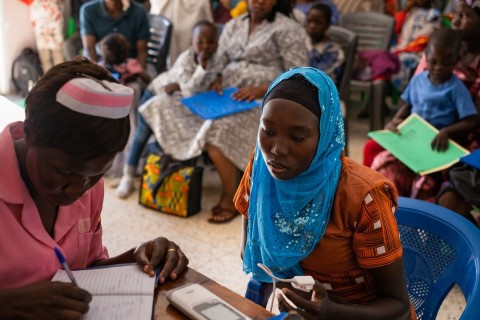
New WHO guidance to help countries navigate health financing crisis
WHO released new guidance to help countries address severe global health financing cuts, urging stronger domestic investment, efficiency, and equity to sustain essential services and progress toward UHC. The World Health Organization (WHO) has released new guidance to...
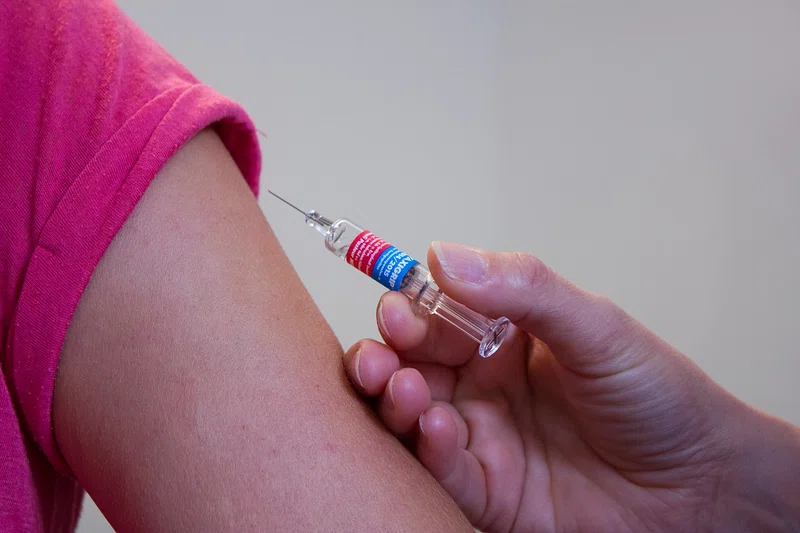
G20 2025: Global Leaders Unite to Advance Equity in Tuberculosis Vaccine Access
Tedros Adhanom Ghebreyesus and Pakishe Aaron Motsoaledi urge G20 nations to ensure equitable, affordable access to new TB vaccines, marking a key step toward ending the epidemic by 2030. At the G20 Health Ministers’ meeting in Limpopo, South Africa, on November 6,...
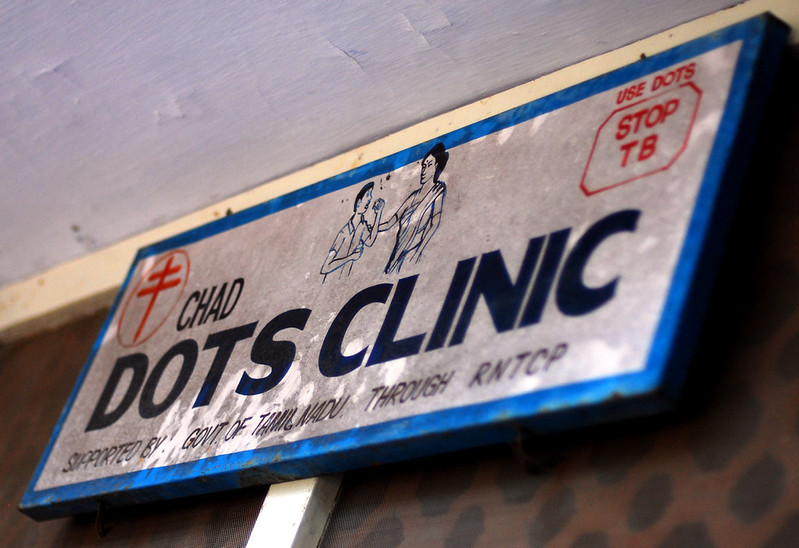
Financing, not technology, is now the missing piece in ending tuberculosis
Health ministers from Indonesia, Nigeria, the Philippines, and South Africa call for domestic financing and innovative funding models to close the gap in the global fight against tuberculosis.In a joint opinion published by Devex, the health ministers of Indonesia,...
The State of the Country – Health 2025 (Honduras)
In this document on the state of health in Honduras for 2025, the author, Liliam Rivera of the Association for a More Just Society, exposes the situation of the health system in the country. Among others, she highlights the government's investment in infrastructure,...
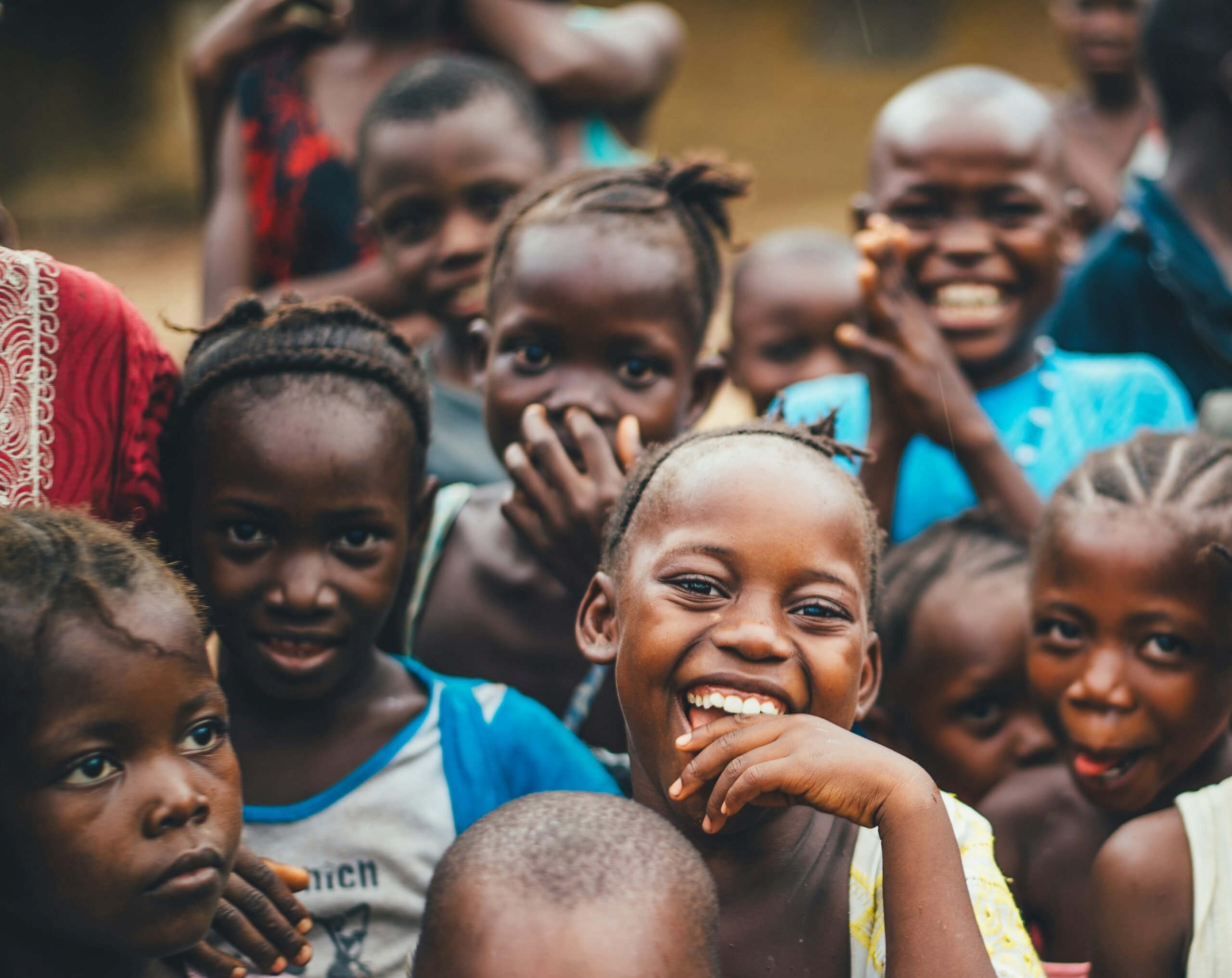
The Durban Promise – Moving Toward Self-Reliance to Achieve Universal Health Coverage and Health Security in Africa
The 4th International Conference on Public Health in Africa (CPHIA 2025) emphasized health sovereignty as essential for Africa’s economic and security future amid rising health emergencies and shrinking external funding. Under the theme “Moving Toward Self-Reliance,”...
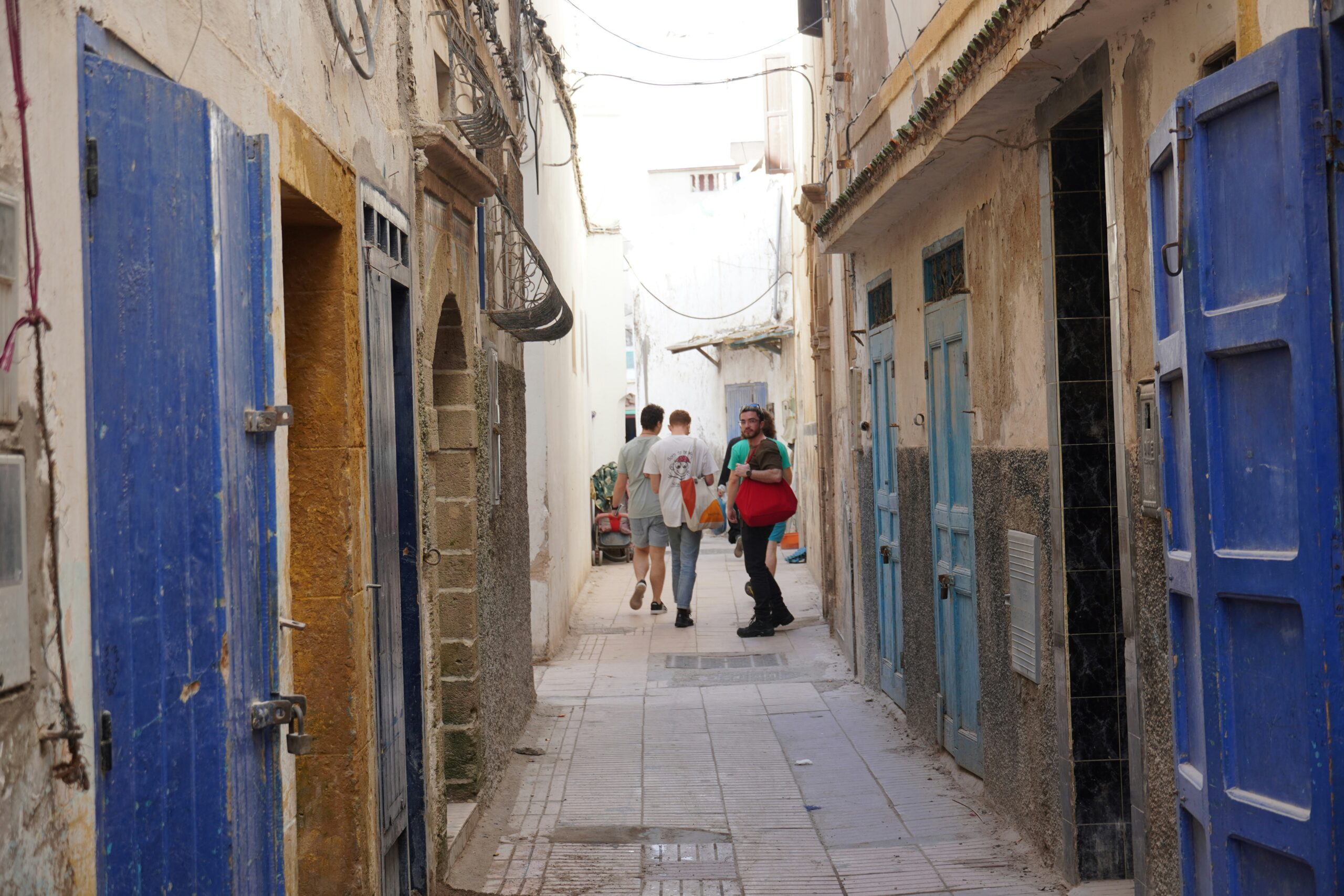
85% of Moroccans Covered, But Out-of-Pocket Costs Still High
Bank Al-Maghrib’s study reveals that despite Morocco’s 85 percent health coverage, households still pay 38 percent of health costs—well above global standards. Fragmented schemes and high out-of-pocket expenses strain families. The report urges reforms to enhance...
Community Action to Strengthen Health Equity in the Spanish Basque Country
Community action in the Basque Country is vibrant but fragmented, lacking a unified structure to coordinate efforts across regions and sectors. Limited public funding, staffing, and inconsistent evaluation methods further constrain its impact. The report calls for a...
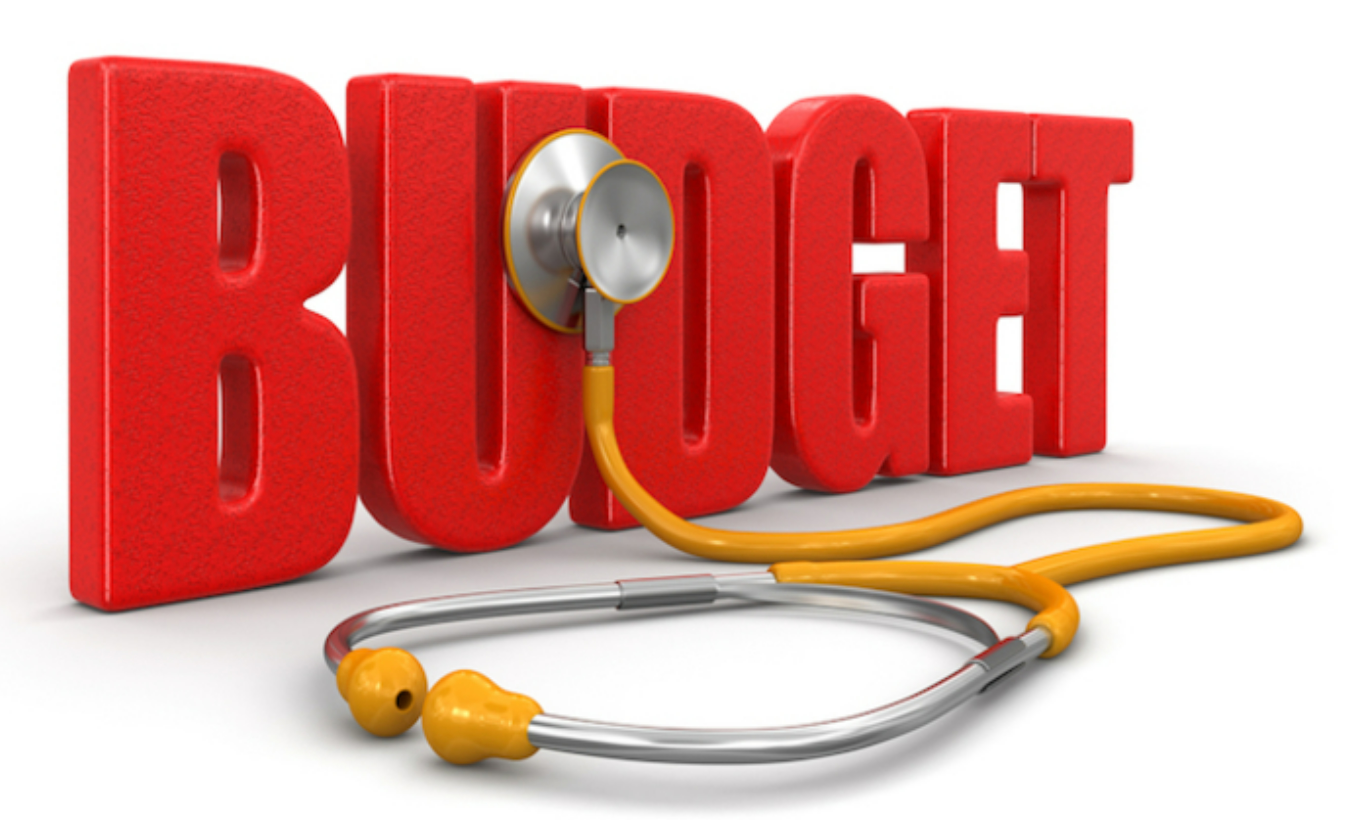
Details of the RIZIV care budget for 2026 in Belgium
The healthcare budget for 2026 was approved on Monday by the General Council of the National Institute for Health and Disability Insurance (INAMI). The budget includes an increase of 1.566 billion euros over the previous year, reflecting changes in the supply and...

Bridging the Health Finance Gap in India: A Call for an IRDAI-RBI Affordability Pact
India’s healthcare financing is plagued by high out-of-pocket spending and inefficient claim settlements, forcing many into debt. A coordinated IRDAI-RBI “Affordability Pact” is needed to integrate digital payments, cashless networks, and financing solutions, making...
Malians call for universal health care
Mali has made progress in health outcomes such as reduced infant, under-5, and maternal mortality and increased life expectancy, supported by reforms like the 2018 universal health insurance plan. However, access to quality care remains limited due to funding...
Progress and inequalities in financial risk protection toward universal health coverage: insights from Vietnam
The study analyzes Vietnam’s progress on financial risk protection (FRP) as part of Universal Health Coverage using data from six national surveys covering 2010–2020. It evaluates multiple FRP indicators, including catastrophic, impoverishing, and financial hardship...
Assessing the financial burden on Irish patients and their households attending hospital clinics
This pilot study examined the private out-of-pocket costs incurred by patients attending hospital outpatient consultations in Ireland. Data from 42 patients showed a median cost of €131 per visit and an average annual expense of €559, with additional burdens such as...
Law No. 87-01 which creates the Dominican Social Security System.
This law of the Dominican Republic, enacted in May 2001, establishes the foundations of its social security system, including health. It establishes a universal and mandatory system, articulating public and private health institutions dedicated to social security and...
Exploring the uptake of economic evaluation in Spanish reports positioning medicines for public reimbursement
Spain’s first pilot integrating economic evaluations into drug reimbursement decisions reveals progress, challenges, and lessons for the future. This study by Laura Vallejo-Torres, Juan Oliva-Moreno, and Félix Lobo examines how economic evaluations (EEs) were...
